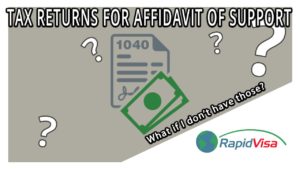
One of the things that slow down K-1 Fiancée visa applicants is getting the passport photo and signatures from the alien fiancée abroad. Back on November 1 2005 the USCIS released a memo to it's Service Center Directors instructing them not to issue an RFE (Request for Evidence) for a K-1 petition that is missing the […]
Read More »







